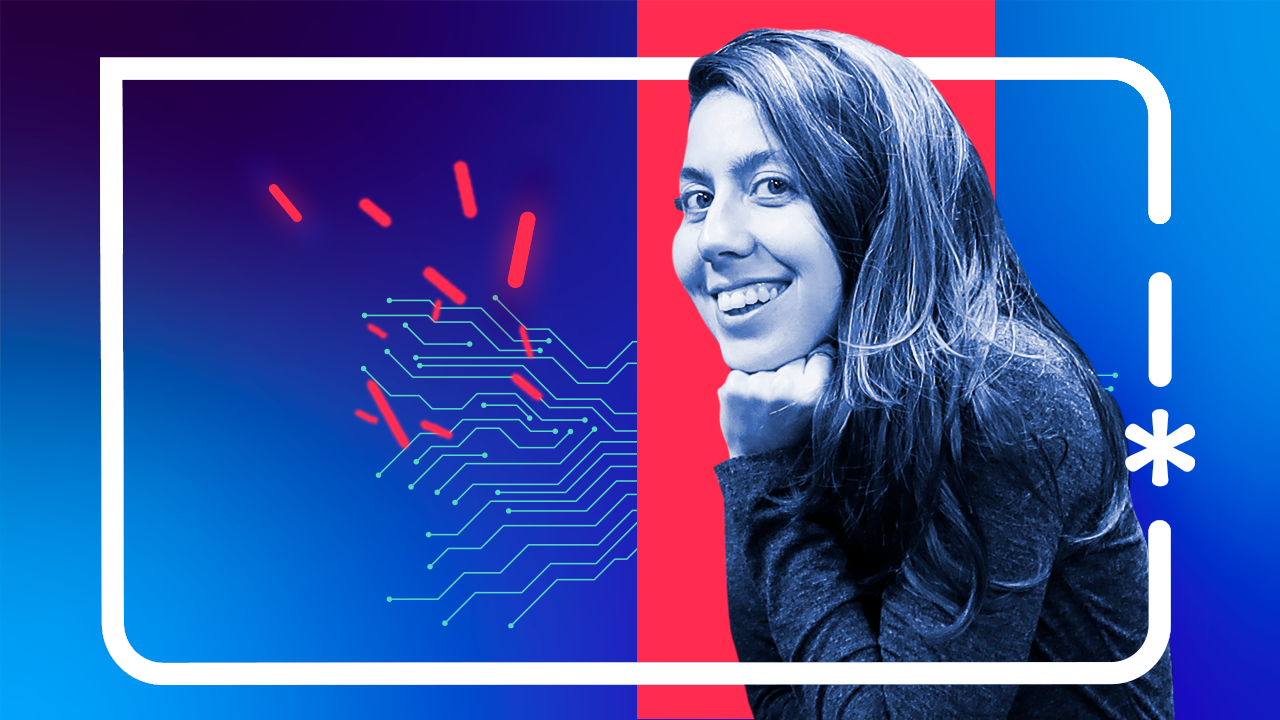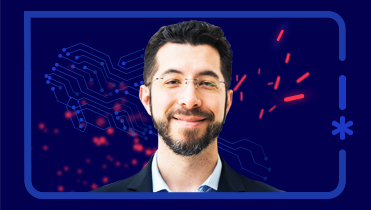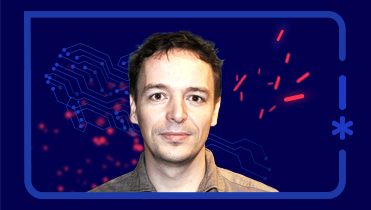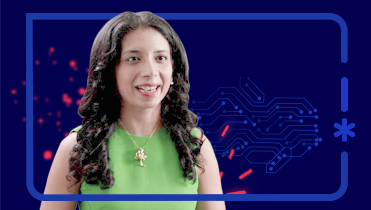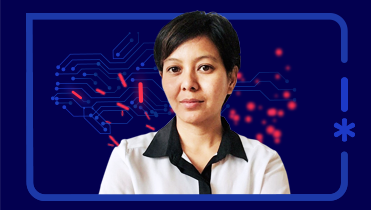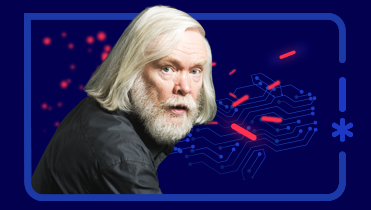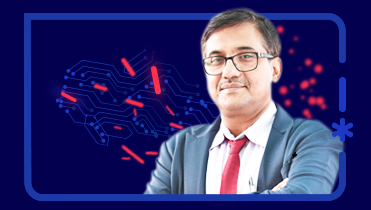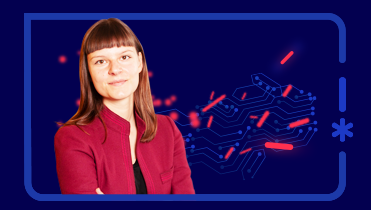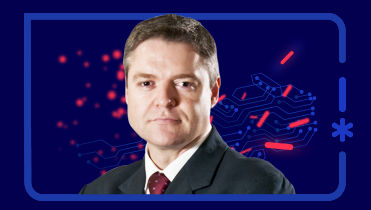Welling, Max
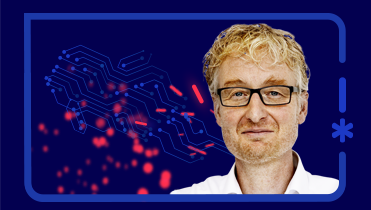
Prof. Dr. Max Welling was recently appointed Distinguished Scientist at Microsoft Research. He is also a research chair in Machine Learning at the University of Amsterdam (AMLAB) and a VP Technologies at Qualcomm. He is a fellow at the Canadian Institute for Advanced Research (CIFAR) and at the European Lab for Learning and Intelligent Systems (ELLIS).
Max Welling has served as associate editor in chief of IEEE TPAMI from 2011-2015 and is on the board of the NeurIPS foundation since 2015 and has been program chair and general chair of NeurIPS in 2013 and 2014 respectively. He was also program chair of AISTATS in 2009 and ECCV in 2016 and general chair of MIDL 2018.
He is recipient of the ECCV Koenderink Prize in 2010. Welling is co-founder and board member of the Innovation Center for AI (ICAI) and the European Lab for Learning and Intelligent Systems (ELLIS). He directs the Amsterdam Machine Learning Lab (AMLAB), and co-directs the Qualcomm-UvA deep learning lab (QUVA), the Bosch-UvA Deep Learning lab (DELTA) and the Amsterdam ELLIS Unit.
